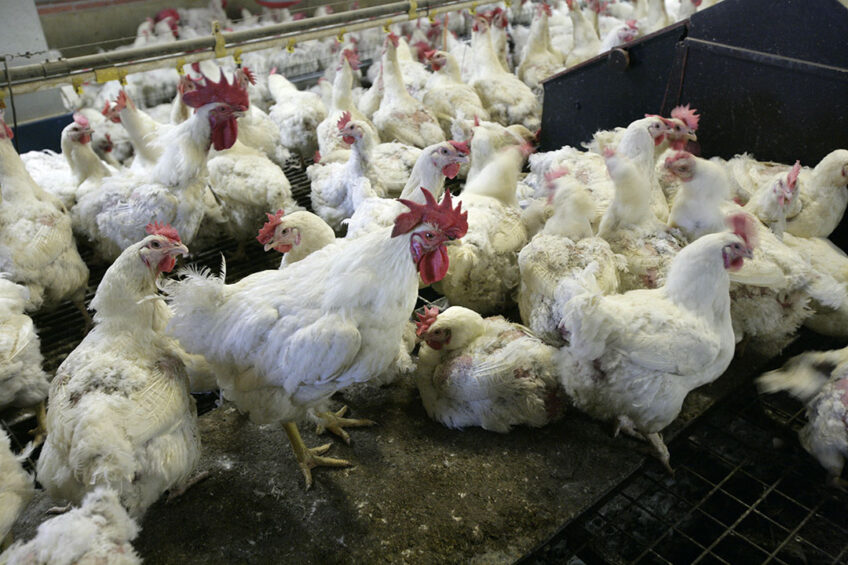Polish poultry industry recovers, but market remains rough

Polish poultry producers rebuilt the better part of their breeding stock in less than 2 months since the end of the avian influenza (AI) epidemic, the National Chamber of Poultry and Feed Producers estimated.
Poland lost as many as 1.8 million broiler breeders due to the AI outbreaks in 2021, reported Katarzyna Gawrońska, director of the National Chamber of Poultry and Feed Producers.
“At the peak of the AI-related bird culling, many analysts warned that the loss of a large portion of the breeding base would create difficulties. There were even forecasts of sharp price hikes [of hatching eggs],” Gawrońska said, adding that those forecasts didn’t materialise and the overall number of breeders has already climbed to 22.8 million heads, reaching the pre-crisis level.
EU: Poland continues to lead in turkey production
Although turkey meat accounts for only 14% of total Polish poultry production, Poland has been the EU’s largest turkey meat producer since 2017. Read more…
“This means that bird flu, which was expected to make our hatching sector dysfunctional for many months or even years, appeared to disrupt supply for only 2 months,” added Gawrońska.
To date, the last AI outbreak in Poland was confirmed on 9 August at a farm in the Żuromin region, which affected 570,000 hens. In 2021, Masovia and Greater Poland were the regions most severely hit by the epidemic. In total, 339 outbreaks were registered this year against only 54 in 2020. As many as 12 million birds were culled.
Problems in poultry production remain
Poultry production in Poland is still rather volatile, and profitability is low, states the president of the National Poultry Council, Piotr Kulikowski. The main reason, he said, is that the industry is export-oriented. Polish poultry farmers are still barred from several important foreign markets. Because of this poultry farmers sell their birds on the domestic market.
“The price of poultry meat has come down dramatically. In no other European countries, the prices are so low. If we analyse why the prices of poultry can drop so quickly, we come to the conclusion that this is the result of a lack of production planning,” he said.
Planning is impossible for poultry producers
Kulikowski explained that such planning is impossible because 30% of the poultry market operates without contracts with supermarket chains. “This means that contractless breeders make speculative decisions, producing chickens not knowing if anyone will buy them. If there is a boom on the market, they win, but if there are too many products, they will sell them at very low prices, destabilising the entire market,” he said.
 Beheer
Beheer




 WP Admin
WP Admin  Bewerk bericht
Bewerk bericht